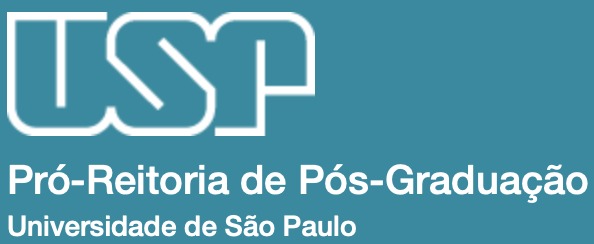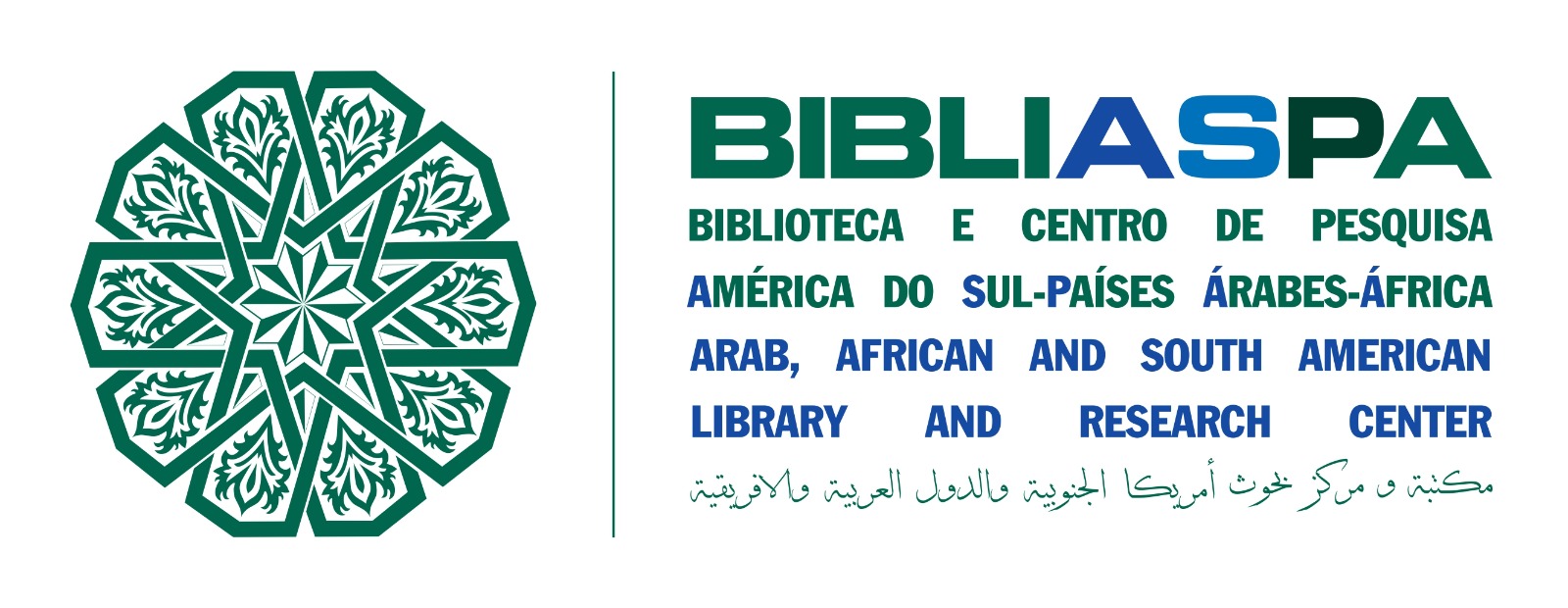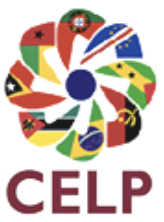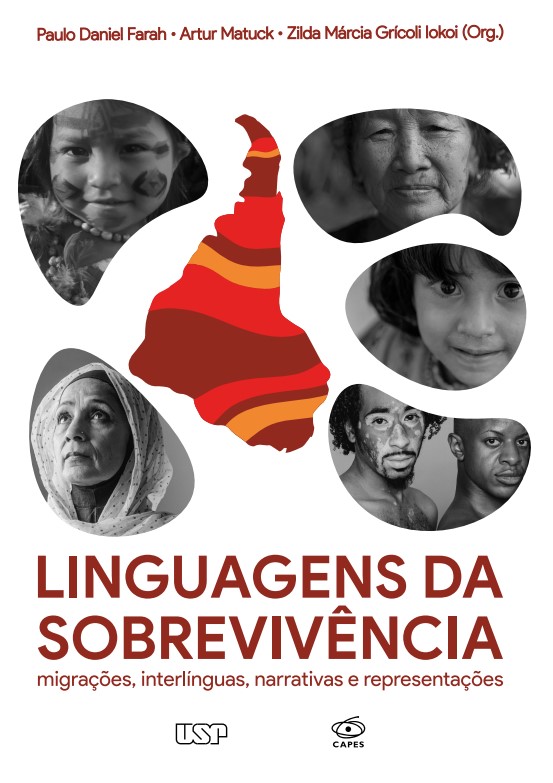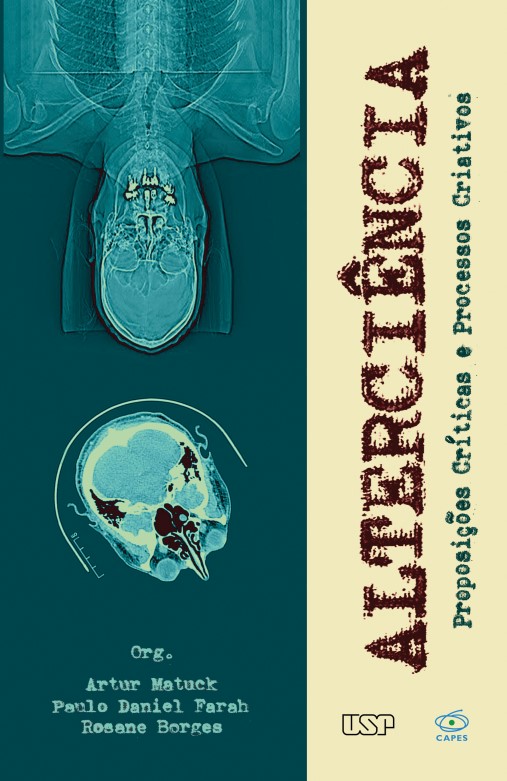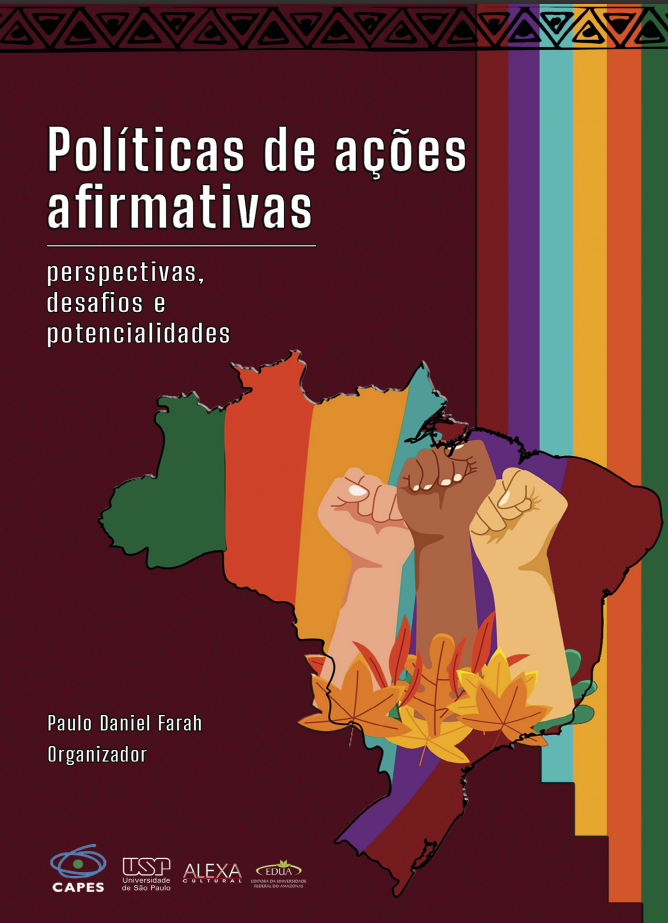The Graduate Program in Humanities, Rights, and Other Legitimacies at USP is characterized by interdisciplinarity, integrating the Interdisciplinary Area of CAPES. It includes a mandatory course titled "Interdisciplinary Practices and Research", which provides an in-depth exploration of the subject and aims to create a space for reflection and knowledge exchange among faculty and students of the Graduate Program in Humanities, Rights, and Other Legitimacies. The purpose of this course is to foster discussions on research projects and build a shared field of knowledge in the interdisciplinary area.
The course prioritizes theoretical and methodological issues presented in faculty and student research, without being restricted to a specific theme. It also values interdisciplinary dialogue concerning the knowledge of Black, Indigenous, Quilombola, riverside, immigrant, refugee, and African populations, as well as people with disabilities, transgender, non-binary, and LGBTQIAP+ individuals. It addresses gender perspectives and urban, rural, and peripheral cultures to ensure their voices are heard and their narratives, knowledge, themes, experiences, and accounts of various oppressions and violence (epistemic, physical, psychological), as well as resistance, autonomy, and empowerment, are recognized. The goal is to incorporate these knowledges into the university and to value them beyond academic spaces.
IMPORTANT! All graduate students (Master's or Doctoral candidates) must include "Interdisciplinarity" as one of the keywords after the Abstract of their Dissertation/Thesis. Additionally, the Abstract must contain the phrase: "From an interdisciplinary perspective, this research brings together fields of knowledge such as X, Y, and Z..." (explaining which fields were mobilized) or "Through an interdisciplinary approach, this research integrates different fields of knowledge, such as X, Y, and Z..." or a similar statement that demonstrates the interdisciplinarity of the Master's or Doctoral research. As PPGHDL is an interdisciplinary program, it is crucial to justify why the research was conducted within this Graduate Program, which advocates for interdisciplinarity and has a mandatory course on developing interdisciplinary research.
Beyond reflecting on the structure and functioning of the Program, we must also consider the significance of interdisciplinarity.
Interdisciplinarity and transdisciplinarity expand the understanding of phenomena beyond compartmentalized divisions and reconfigure perspectives, repertoires, and realities. This articulation is not only an integrated approach to research aimed at achieving set objectives but also entails a shift from the most canonical disciplinary divisions of knowledge and theoretical-practical resources as established by the Western paradigm.
Interdisciplinarity and transdisciplinarity emerge as means of breaking disciplinary boundaries, with their distinct methods and orientations, which should be challenged, reconstructed, or even transcended.
Within this frontier field between distinct areas of knowledge, new ways of being and acting can be developed. It is only at this moment that a new epistemic framework, a decolonial transdisciplinary knowledge, begins to take shape.
The production of knowledge in contemporary times demands a radical form of interdisciplinarity, as pointed out by the historian from Burkina Faso, Joseph Ki-Zerbo. In the "General History of Africa," Ki-Zerbo states that interdisciplinarity should lead to an interdisciplinary project, as no discipline benefits from an isolated approach to the dense and intertwined reality of the African continent. According to him, the sources of African history, for instance, are clearly complementary; each one, in isolation, provides only an imprecise image of reality, which the intervention of other sources— from different fields of knowledge— can help define.
UNESCO has been discussing interdisciplinarity since 1981. "At the 1981 colloquium (UNESCO, 1983), participants were primarily concerned with the epistemological conditions and consequences of interdisciplinarity: a significant number of papers focused on proposing rigorous definitions in this regard. At the 1991 colloquium (PORTELLA, 1992), researchers gathered (in greater numbers than at the previous event) concentrated their attention on constructing an operational and practical project for interdisciplinarity and its recognition by the institutional research community, as if the epistemological questions had been resolved or as if, ten years later, the event was more about organizational and institutional matters than scientific ones" (PORTELLA, 1992 Apud: TEIXEIRA, 2004).
As stated in the 2019 CAPES Area Document, on pages 12 and 13:
Interdisciplinarity is characterized as a privileged space, due to its inherently transversal nature— indicated in its prefix— to advance beyond disciplinary boundaries, articulating, transposing, and generating concepts, theories, and methods, surpassing the limits of disciplinary knowledge and distinguishing itself by establishing bridges between different levels of reality, logics, and forms of knowledge production. To this end, frequent dialogue between its subfields and other disciplinary areas is indispensable.
The adoption of these principles in the training of human resources through research, teaching, and extension practices presents several challenges for faculty and students in the Interdisciplinary Area, including:
Encouraging openness to confronting new theoretical-methodological perspectives in research, teaching, and innovation;
Addressing the epistemological challenges posed by theoretical and methodological innovation in interdisciplinary research and teaching, which requires increasingly close dialogues between disciplines from different knowledge areas, as well as between these and the philosophies of science in their various branches;
Promoting the incorporation of interdisciplinary methodologies into the research projects of faculty and students;
Recognizing that different conceptions can be adopted in interdisciplinary research and teaching, as it is possible to construct distinct meanings, valuing and acknowledging the diversity that the field encompasses;
Deepening the defining characteristics of the concepts of pluri-, multi-, and interdisciplinarity, their different theoretical-methodological contexts, considering their relationships and distinctions, possibilities and limits, in order to better support the definitions of teaching and research proposals, their innovative lines, as well as the evaluations of different programs within the Interdisciplinary Area;
Identifying channels for intensifying inter- and intra-thematic chamber dialogue within the Interdisciplinary Area, facilitating the exchange of experiences among programs and the dissemination of the interdisciplinary knowledge produced.
Considering that one of the greatest challenges of this century is the (re)connection of knowledge, the Interdisciplinary Area opens up space for the innovation of postgraduate education and research organization, fostering interdisciplinary and humanistic training for students, faculty, and researchers. This training is directed toward the development and adoption of an interdisciplinary attitude in various teaching, research, and extension practices, including the necessary social integration of the scientific and technological production generated.





